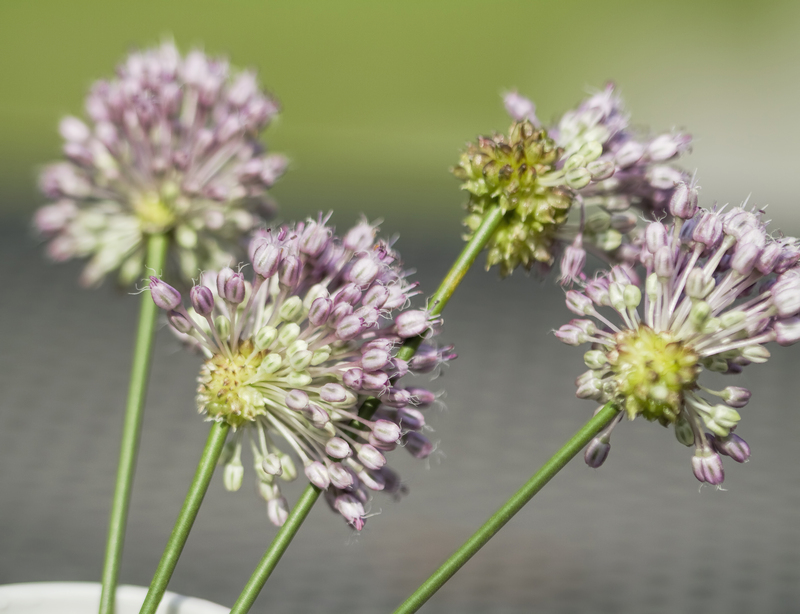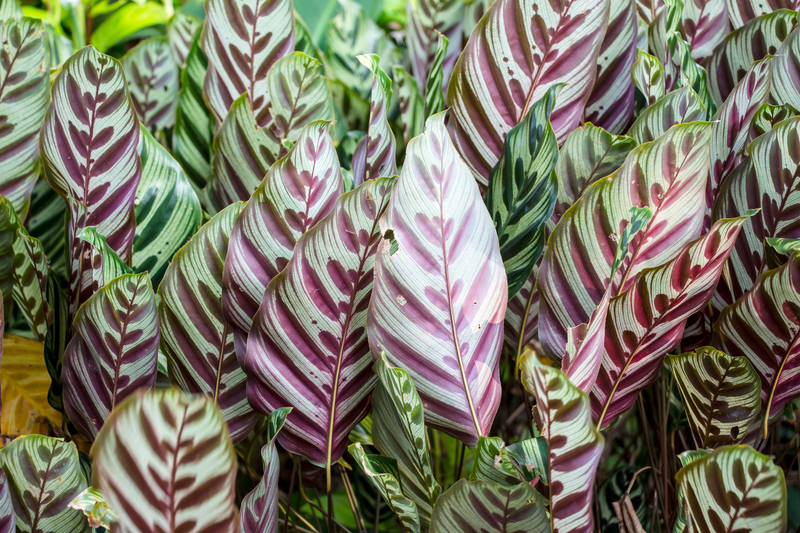Beginner's Gardening Cheat Sheet: 9 Essential Tips
Posted on 23/05/2025

Beginner's Gardening Cheat Sheet: 9 Essential Tips
Are you dreaming of a lush green oasis in your backyard or hoping to grow your own fresh herbs and vegetables? Whether you have a sprawling yard or a small balcony, beginner's gardening tips can set you on the path to success. This comprehensive, SEO-optimized guide shares nine essential gardening tips for beginners, helping you start your gardening journey with confidence and know-how!
1. Start with Easy-to-Grow Plants
If you're new to gardening, begin with low-maintenance plants that are known for their hardiness and easy care. Marigolds, succulents, herbs like basil, and cherry tomatoes are fantastic choices for gardeners just starting out. These plants are forgiving, require minimal attention, and reward you with beautiful foliage or tasty produce.
- Marigolds: Bright flowers that repel pests and require little care.
- Succulents: Perfect for forgetful waterers.
- Herbs: Grow rosemary, mint, or basil on windowsills or patio pots for fresh flavor.
- Leafy greens: Spinach or lettuce grow fast and add to your diet.
2. Understand Your Gardening Zone and Sunlight Needs
Every plant thrives in certain climate zones and sunlight conditions. To ensure gardening success, identify your region's USDA plant hardiness zone. This information helps determine which plants will flourish in your area.
- Observe sunlight patterns: Track how much sun different parts of your yard receive over the day.
- Sun-loving plants need at least 6-8 hours of direct sunlight, while others might prefer partial shade.
Tip: Use apps or online zone maps to find your exact gardening zone for the best plant selection.
3. Invest in Good Soil
Soil is the foundation of a thriving garden. Testing and amending your soil can make all the difference for beginners. Healthy, nutrient-rich soil supports strong roots and resilient plants.
- Test your soil: Purchase a simple soil testing kit to check pH and nutrient levels.
- Improve with compost: Mix in compost or organic matter to boost fertility and structure.
- Use the right soil mix: Container gardens need potting mixes, not yard soil, for proper drainage.
Remember, soil preparation is an essential tip for gardening beginners!
4. Water Wisely and Regularly
Overwatering is a common mistake for newbie gardeners. Plants need consistent moisture, but too much or too little can cause harm.
- Feel before you water: Insert your finger into the soil. If it's dry an inch down, it's time to water.
- Time of day matters: Water early in the morning to reduce evaporation and fungal growth.
- Water the roots, not the leaves: Soak the soil at the base for best results.
Pro Tip: Invest in a simple watering can or a drip system for convenience and consistent hydration.
5. Feed Your Plants with the Right Fertilizer
Plants, like people, need food to thrive. Using a balanced fertilizer helps your plants grow faster and produce more blooms or fruit. For best results, read the instructions on your fertilizer package and apply sparingly--more isn't always better!
- Organic options: Compost, worm castings, or fish emulsion are eco-friendly choices.
- Time-release pellets: Great for beginner gardeners who want a no-fuss approach.
- Observe: Yellowing leaves or stunted growth can mean your plant needs more nutrients.
6. Prune and Deadhead Regularly
Pruning isn't just for aesthetics--it keeps plants healthy by encouraging new growth and increasing air circulation. Removing dead flowers, or deadheading, also prompts many plants to bloom longer.
- Tools: Invest in sharp pruning shears or scissors for clean cuts.
- How to: Cut back broken, damaged, or dead branches and spent flowers.
- When: Early spring or after flowering is best for most plants.
Take care not to over-prune, and always sanitize your tools to prevent spreading disease.
7. Mulch for Moisture and Weed Control
Mulching is an essential gardening tip, especially for beginners seeking an easier gardening experience. Mulch conserves moisture, regulates soil temperature, and blocks weeds from taking over.
- Material options: Use shredded bark, straw, dried leaves, or cocoa hulls as mulch.
- Application: Spread a 2-3 inch layer around your plants, but keep mulch a few inches away from stems.
- Bonus: Organic mulch decomposes, enriching your soil over time.
Mulching can make gardening easier and less time-consuming for beginners!
8. Watch for Pests and Diseases
Healthy plants are less likely to attract pests, but every gardener encounters a bug or fungus now and then. Early detection is key to protecting your garden.
- Inspect regularly: Look under leaves and along stems for bugs or signs of disease.
- Manual removal: Pick off large pests like caterpillars by hand.
- Use natural remedies: Neem oil, insecticidal soap, or a spray of water can remove most pests without harsh chemicals.
- Encourage beneficial insects: Ladybugs and lacewings control garden pests naturally.
Tip: Quickly removing infected leaves or plants can prevent a garden-wide outbreak.
9. Learn, Experiment, and Adapt
The best gardeners never stop learning. Every plant and garden is unique, and sometimes even the most carefully followed beginner gardening tips require tweaking. Document your progress, learn from mistakes, and don't be afraid to try new things.
- Keep a gardening journal: Record planting dates, weather, successes, and setbacks.
- Connect with others: Join local garden clubs, online forums, or social media groups for tips and support.
- Observe seasonally: What works in spring might not in summer or fall--adjust as needed.
Gardening is a journey, not a race. Savor every stage and celebrate every sprout!

Conclusion: Growing Your Gardening Confidence
Starting a garden can be both exciting and overwhelming for novices. With this Beginner's Gardening Cheat Sheet, you have the essential groundwork for success. To recap, begin with easy-to-grow plants, understand your climate, nurture the soil, and practice smart watering and feeding. Remember to prune, mulch, monitor for pests, and keep learning along the way.
Gardener's Tip: Even if you only have a few pots on a patio, you can cultivate not just plants, but also patience, creativity, and a sense of peace right at home.
With these proven beginner gardening tips, your green thumb will grow stronger every season. Happy gardening!
Latest Posts
Invent unique seating environments for your garden paradise
Creating a Protective Barrier Around Your Garden from Weather Hazards
Making Your Garden a Canine Wonderland



